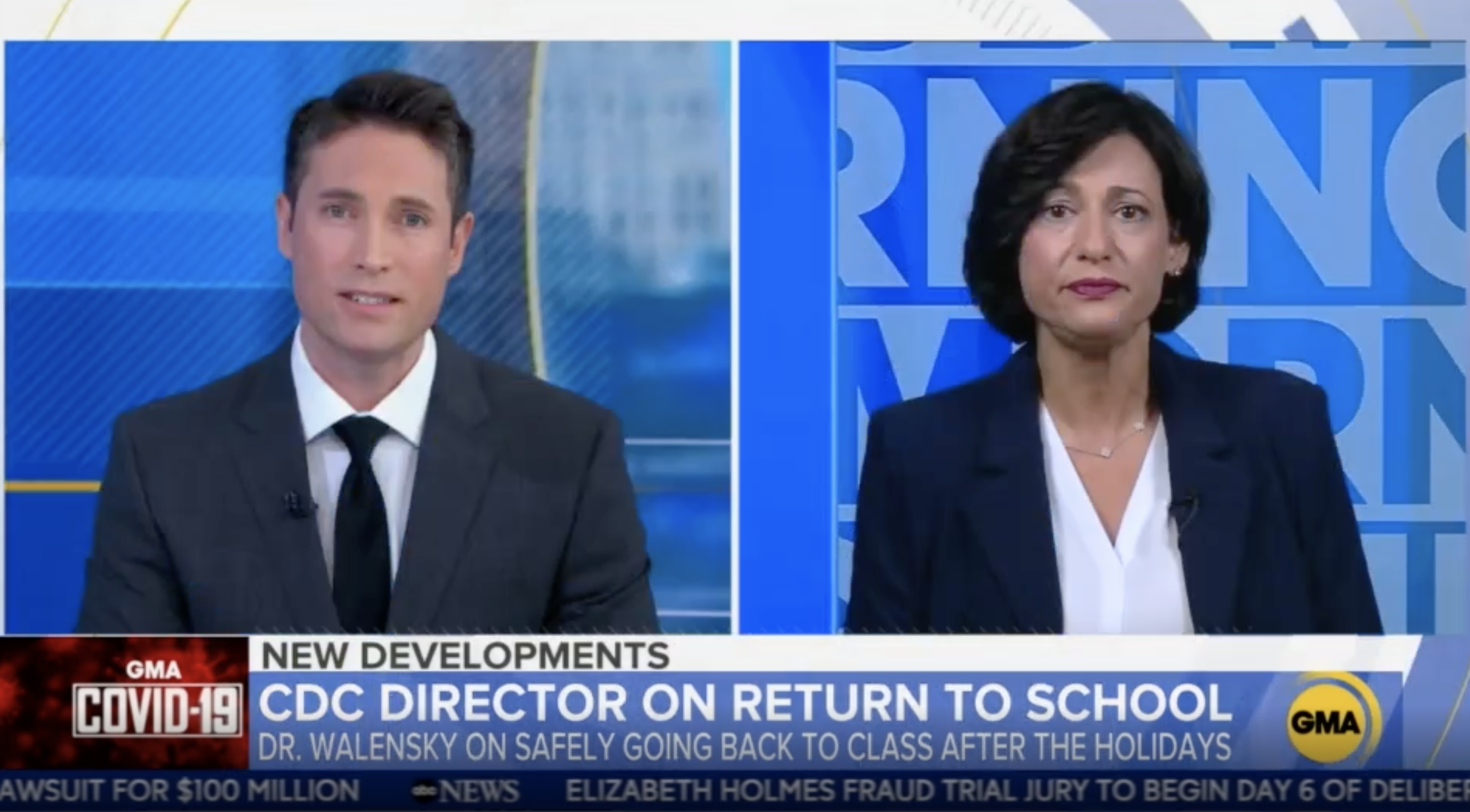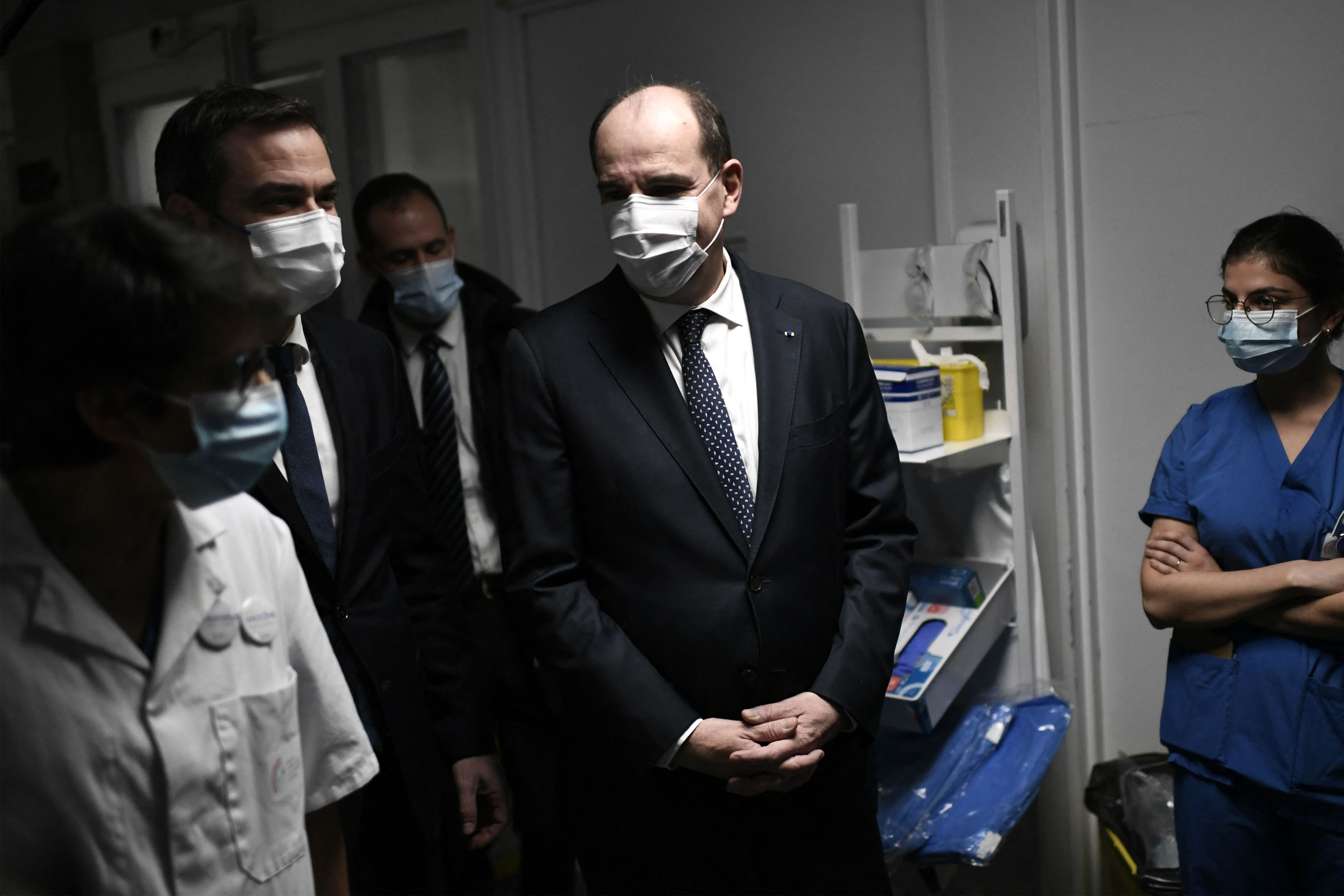Dr. Rochelle Walensky, director of the US Centers for Disease Control and Prevention, said on CNN’s New Day Wednesday the decision to shorten the isolation period for those with asymptomatic Covid-19 infection was driven by evidence around transmission and what isolation protocol people “would be able to tolerate.”
“We looked at several areas of science here,” Walensky said when asked how the CDC settled on five days of isolation for everyone. “First, the science of how much transmission happens in the period of time after you’re infected. We know that the most amount of transmission occurs in those one to two days before you develop symptoms, those two to three days after you develop symptoms. And if you map that out, those five days account for somewhere between 85 to 90% of all transmission that occurs.”
CDC “really wanted to make sure” that the first five days were spent in isolation, Walensky said, adding that they were asking people to mask in the last five days.
They also looked at epidemiology, she said, and they are seeing and expecting even more cases of Omicron, many of which were mildly or asymptomatic.
Finally, they looked at behavioral science, “what will people actually do when people need to get back to work? What is it that they will actually do? And if we can get them to isolate, we do want to make sure that they’re isolating in those first five days when they’re maximally infectious.”
Asked if the decision had as much to do with business as with science, Walensky said “it really had a lot to do with what we thought people would be able to tolerate.”
There have been relatively low rates of isolation throughout the pandemic, she said, adding “some science has demonstrated less than a third of people are isolating when they need to.”
“We really want to make sure that we had guidance in this moment where we were going to have a lot of disease that could be adhered to, that people were willing to adhere to. And that spoke specifically to when people were maximally infectious. So it really spoke to both behaviors as well as what people were able to do,” she said.
Walensky also said that the old 10 day guidance was “conservative,” when asked why they didn’t make the change sooner.
“But, in the context of the fact that we were going to have so many more cases, many of those would be asymptomatic or mildly symptomatic, people would feel well enough to be at work, they would not necessarily tolerate being home and that they may not comply with being home,” she said. “This was the moment that we needed to make that decision and those changes.”









